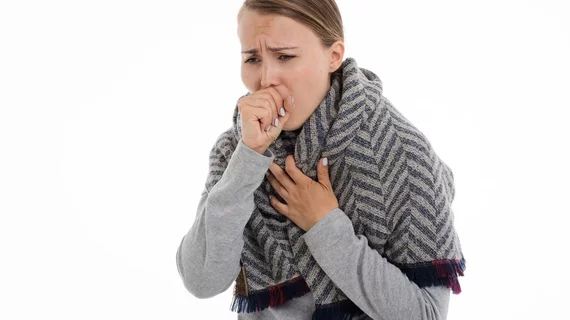AI tool for detecting nodules in lung X-rays cleared by FDA
The U.S. Food and Drug Administration (FDA) has cleared an X-Ray application that utilizes artificial intelligence (AI) to identify and localize lung nodules in medical images, both plain film and digital. The technology is a first-of-its-kind to be cleared by the regulatory agency.
The qXR-LN, developed by Qure.ai, is intended for use by radiologists, pulmonologists, and ER physicians, presenting an opportunity to enhance the identification of potentially malignant pulmonary nodules 6 to 30 mm in size.
Qure.ai said it conducted studies to establish the safety and efficacy of the lung nodule device, demonstrating its standalone performance and conducting a multi-reader, multi-case clinical study. The results indicated a statistically significant enhancement in pulmonary nodule detection across all reader groups, showcasing potential improvements in early detection and diagnosis.
“Integrating AI algorithms in thoracic radiology helps improve radiology workflow and accuracy of interpretation. The results reported in Qure's qXR-LN FDA clearance are similar to our internal evaluation (AUC 0.98; Kaviani et al. Diagnostics 2022),” Mannudeep Kalra, MD, a radiologist at Massachusetts General Hospital and associate professor of radiology at Harvard Medical School said in the statement. “Such results underscore the vital role that AI-driven solutions can play in empowering radiologists to improve patient outcomes. I anticipate that the ongoing evolution of AI technology will significantly advance diagnosis and care.”
Qure.ai hopes its software will play a vital role in early identification and timely interventions for lung cancer.

